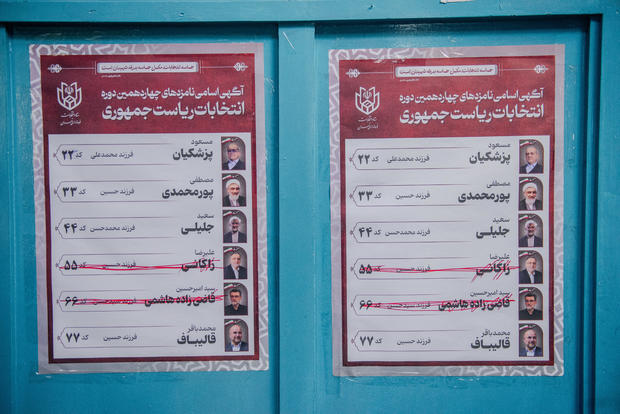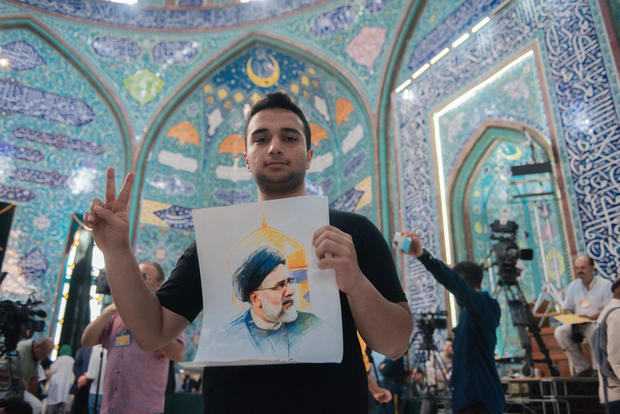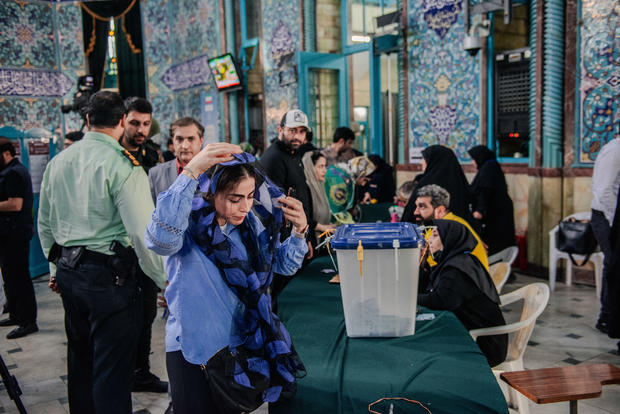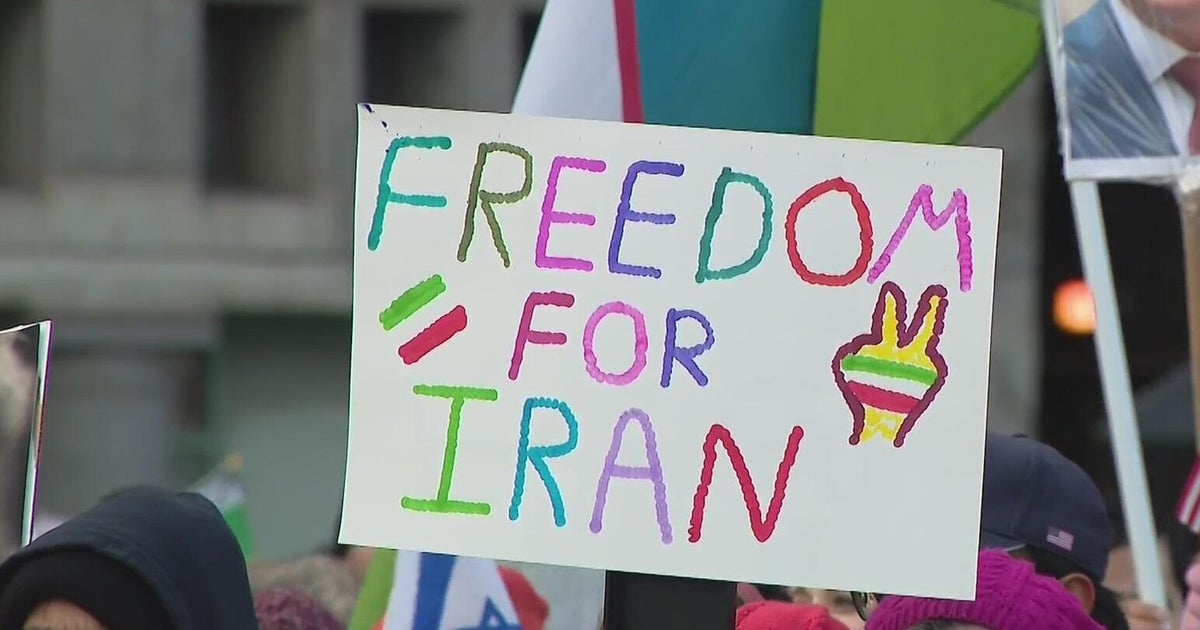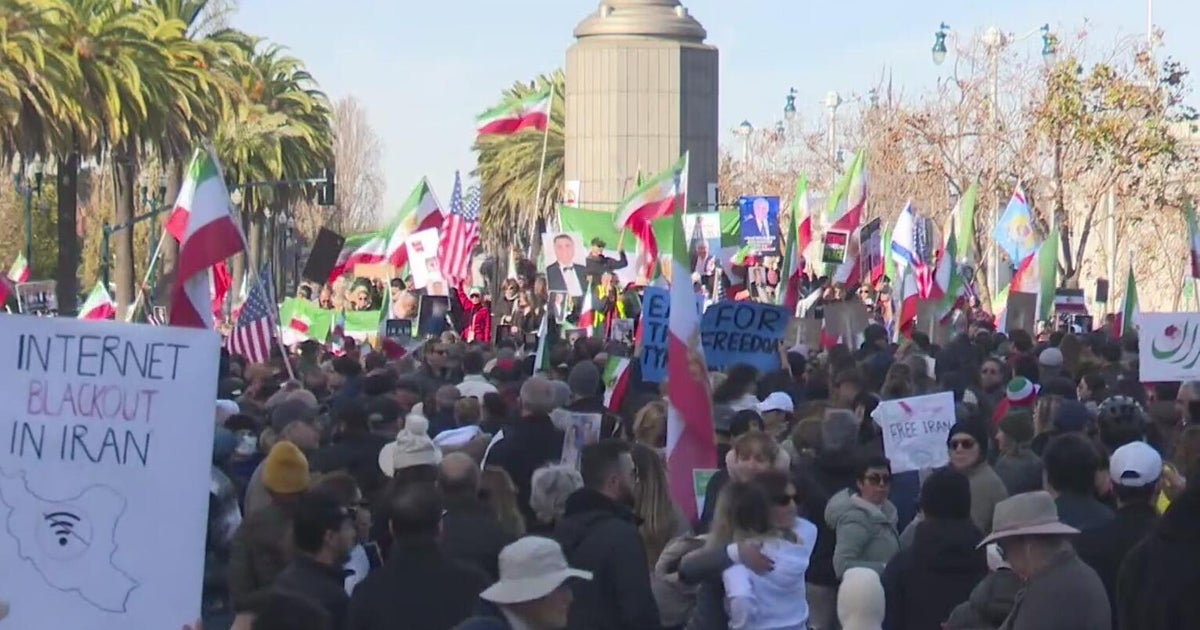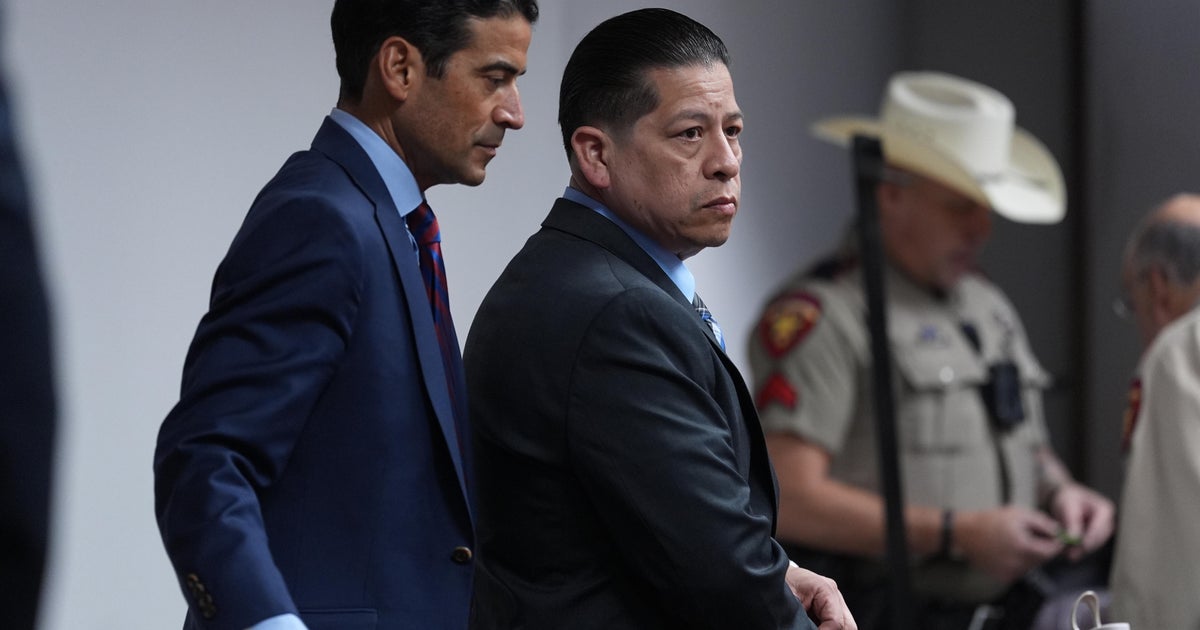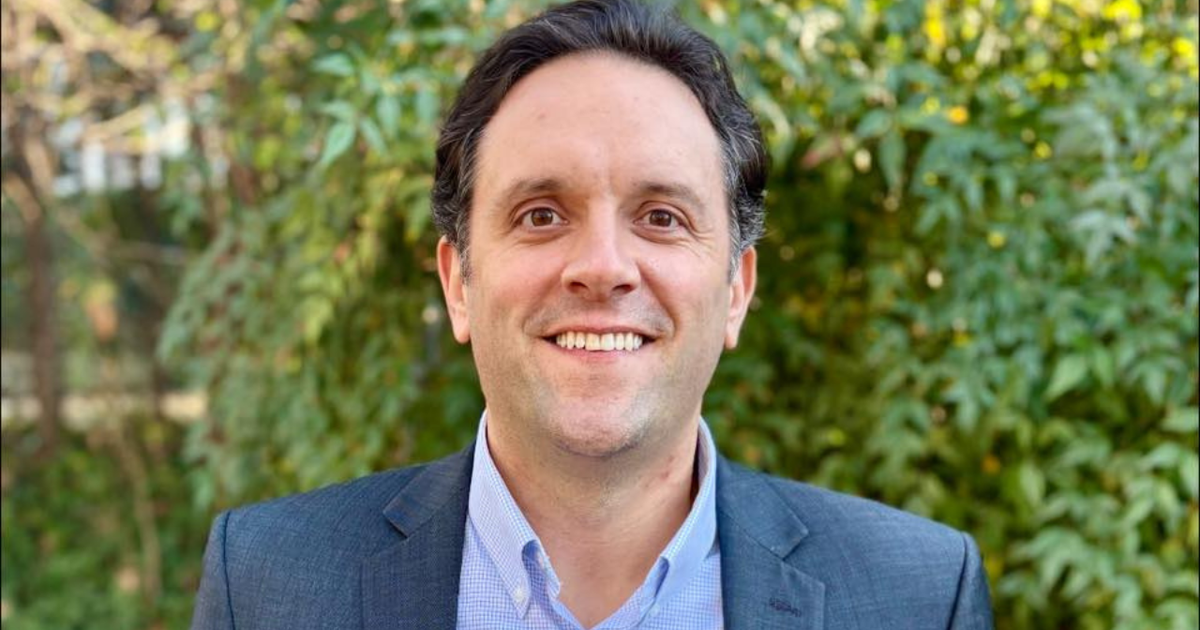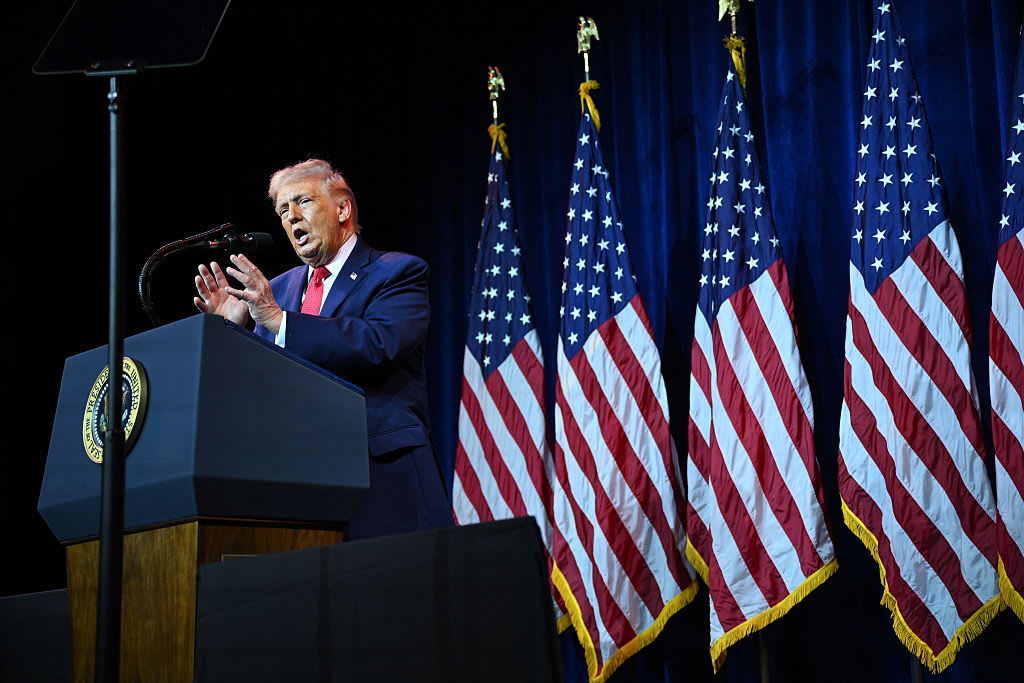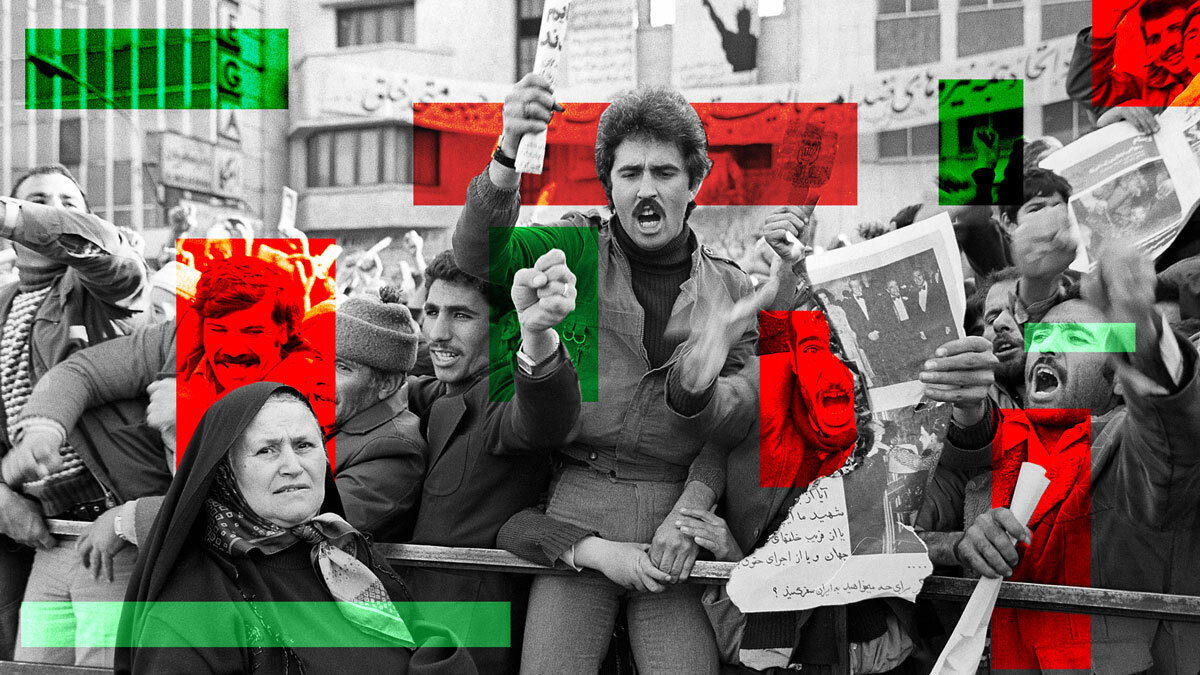Iran to hold presidential runoff election between reformist Pezeshkian and hard-liner Jalili
While ballots are still being counted in Iran's presidential election on Saturday, the sole reformist candidate, Masoud Pezeshkian, is making an unexpectedly strong showing. Close behind is the hardliner and former nuclear negotiator Saeed Jalili.
The two are headed to a runoff presidential election on Friday to replace the late hard-line President Ebrahim Raisi, who died in a helicopter crash in May.
Mohsen Eslami, an election spokesman, announced that 24.5 million votes were cast with Pezeshkian getting 10.4 million while Jalili received 9.4 million, The Associated Press reported. Iranian law requires that a winner get more than 50% of all votes cast. If not, the race's top two candidates advance to a runoff a week later.
Pezeshkian is on record as wanting to bring Iran in from the cold of international sanctions and improve relations with the West.
That made him the obvious choice for Nima Saranghi, who works in marketing.
"I decided to vote for a better future for our country," he told CBS News. "Maybe [Pezeshkian and his team] can work together and resolve problems with the West."
That includes trying to revive the nuclear deal which was ditched unilaterally by former President Donald Trump in 2018.
Pezeshkian ended up with the most votes even though Supreme Leader Ayatollah Ali Khamenei weighed in at the start of the week saying people who advocated better ties with the West were unsuited to lead.
"Some politicians in our country believe they must kowtow to this power or that power, and it's impossible to progress without sticking to famous countries and powers," he said. "Some think like that. Or they think that all ways to progress pass through America. No. Such people can't run the country well."
Iranians who voted for reform want more secular freedoms too, but a conservative segment of the population is stubbornly opposed.
Saana Hodaverdian cast her vote for a candidate who – above all – stands for a strict Islamic state.
"I just want someone who can support my religious beliefs along with attending to industrial and economic priorities," she said.
All Iranians agree that the country's economy is weak and life is a grind. They don't agree on the solution.
Conservatives believe opening up to Europe and America risks undermining the Islamic values of the revolution. They cling to a belief in so-called self-sufficiency; a largely made-in-Iran policy with help from allies like China and Russia.
Iran is a divided country - headed by a Supreme Leader whose values are only shared by conservatives.
Take the contentious issue of women's dress. Islamic purists wear the complete black chador coverall and a headdress which prevents any hair at all from showing.
That look is completely rejected by reform-minded women who cover their bare arms and legs with Western dress, and drape loose headscarves over their hair.
In 2022, major street uprisings erupted in protest against the death of a young woman, Mahsa Amini, who died in police custody after being arrested for insufficiently Islamic dress.
Even though the demonstrations were quelled by a violent crackdown by authorities, many women continued to protest by refusing to wear a scarf at all even though they too risk arrest.
Saturday's polarized first-round voting reflects Iran's tragic divide. Whoever wins the presidency in the runoff next week will face an uphill battle to shape policies acceptable to both sides.

